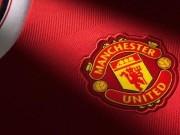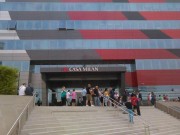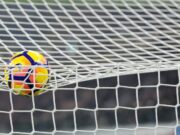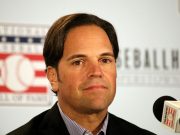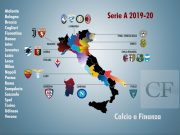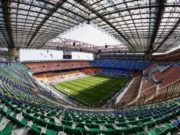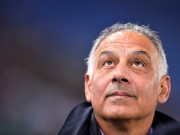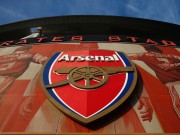Liverpool have made their new home kit available for sale at less than half price in China to tackle the problem of counterfeit shirt sales. The new shirt for the 2017/18 season goes on sale on 19th May in the UK for £50 in club stores, but will cost just £23 in China.
It is hoped that the move will prevent supporters from purchasing unofficial, counterfeit shirts instead, which are ubiquitous not only in China but across the world in regions where official replica kits are simply too expensive. China is a rapidly-growing market for European clubs, but counterfeit shirt sales have hampered attempts to tap into merchandising revenue streams.
Liverpool’s initiative is the latest attempt to combat the issue, and to take account of the cheaper retail price, the alternative home kit will not be made by the club’s official kit supplier, New Balance, and will be made with cheaper materials. However, it will still feature the club’s 125th anniversary commemorative badge as well as sponsor Standard Chartered.
The idea is aimed to promote official club merchandise “at a competitive price for fans in that part of the world,” a club source told the Financial Times. “The club does not condone counterfeit goods and hopes fans will choose an official product rather than a copy.”
Part of the issue facing Liverpool is the ease with which cheap knock-offs can be made available for sale on online retail platforms, such as Alibaba. While the club’s official online store on Alibaba’s Tmall website lists the alternative shirt as available for ¥210 (£23), independent sellers are listing counterfeit shirts elsewhere on Alibaba for as little as ¥35 (£4).
“Buying counterfeit shirts is cheaper and easier for many Chinese customers,” explains Simon Chadwick, Professor of Sports Enterprise at Salford Business School. However, while Chadwick applauded Liverpool’s efforts to tailor their approach to the Chinese market, he warned that the move could backfire on the club if UK fans felt that overseas supporters were being given preferential treatment.
“If there’s a perception that home-based fans are being discriminated against, there could be some disquiet, especially at time when fan groups are becoming especially vocal about the costs of following their team.”


